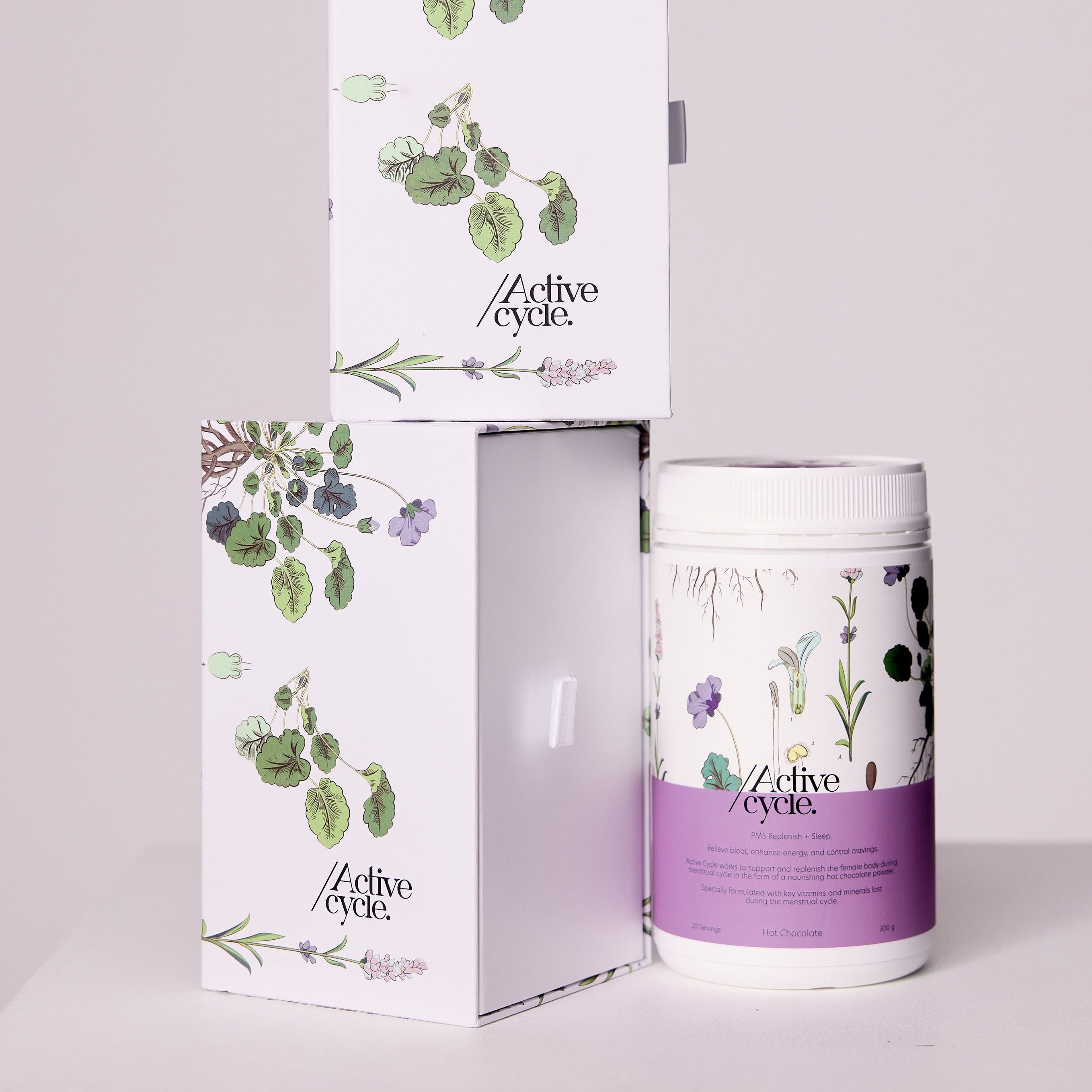Science
Regardless of age, everyone wants to be strong, agile and healthy, and maintain a good appearance for as long as possible.
on this page you will discover why collagen peptides are so important for our bodies, and the many things these natural proteins can do.
No matter if it concerns flexible, powerful tendons and ligaments, pain- free joints, skin beauty, strong bones, healthy hair, or whether you desire a firmer, more defined body or a more rapid build-up of muscle mass; whether you're an athlete and want to stay as injury-free as possible, or you wish to ensure you stay mobile into your later years; whether you want to counter age-related muscle reduction, or if you're about to have surgery and want to encourage rapid wound healing – you will find that collagen peptides can assist you with all of the above, and that is what makes them an incredibly powerful- all natural- tool for your body and for your overall health and wellbeing.
We wish you an enlightening journey of exploration into the world of collagen and overall wellbeing as we continue to be inspired by self-care and feeling our best, everyday- from the inside out.
Our body: Permanent renewal
Our body can produce collagen on its own. Strictly speaking, proteins are constantly being synthesised and degraded in the body. Approximately 400 grams of degraded proteins are replaced by new protein every day – in young and healthy bodies, mind you. However, over the years, when our metabolic processes slow down, endogenous (the body’s own) production shrinks by about 1.5% per year. Simply put, that is just the normal ageing process, but it has far-reaching consequences.
The Types of Collagen
28 different types of collagen are currently known. The human body mainly consists of collagen types I, II and III.
As people age, the ratio of the different types of collagen in the tissue, particularly in the skin, changes. In newborns, for example, the ratio between type I and type III collagen is still almost balanced. Over the years, this ratio changes more and more in favour of type I collagen, and the concentration of type III collagen decreases significantly. Overall, the amount of all collagen fibers declines considerably in mature skin causing it to become thin and wrinkled.
How do collagen peptides get to the right place?
During the past years, collagen peptides have progressively gained a reputation for their ability to positively influence human collagen metabolism. They are now available as dietary supplements, but how can we imagine their effect – we swallow a few grams and they brilliantly land in the right place? It is not as simple as that. Here is an admittedly highly simplified explanation:
In principal, our body is busy day and night performing renovation work. It keeps itself young by breaking down old tissue, while at the same time building new tissue to replace the old. With advanced age, this process slows down, but it never ceases.
When our body breaks down collagen, these long chains are disassembled, by enzymes, into small “snippets” for removal. This sends a signal to the body: “Attention! – Bits of degraded collagen are floating around here – we have to start rebuilding!” A young and healthy body reacts promptly to build the required quantity.
When the metabolism becomes weary as time goes by, these signals are no longer sufficient for the body, which has become somewhat sluggish. When we consume collagen peptides as a dietary supplement, we ingest just these collagen snippets – but in larger amounts. Our bodies are rapidly digesting and absorbing collagen, mainly in form of the smallest units – single amino acids, but also partially in intact form as collagen peptides (= collagen snippets). These collagen snippets reach the blood stream and distribute throughout the body. Now, the cells in our body, which are responsible for connective tissue / collagen metabolism, notice that there is an imbalance. It is like an alarm, “Attention! There are loads of collagen particles swimming about here – now we really have to get to work and make even more collagen!” As the collagen supplements provide the amino acids (=building blocks for collagen synthesis at the same time), they support the body twofold.
Bioavailability
Collagen peptides can be so well absorbed by the body because they are water-soluble, and – unlike other proteins – have a very simple peptide structure, that is very easy for the body to work with. They are “broken down”, with an enzymatic treatment, and can therefore be absorbed more quickly and extensively than undenatured collagen.
In this way, collagen peptides stimulate our body’s own collagen production. The whole connective tissue metabolism comes to life. Taking the skin as an example, it can be shown that other important components of skin structure, such as elastin and proteoglycans, are also produced in greater quantities. The dermis, the second layer of skin, is, so to speak, completely overhauled. At the same time, the degradation of the skin is slowed. In total, more collagen is being built up than broken down, and it is exactly this effect that many users – mostly women – describe as a more attractive, firmer, radiant complexion. The balance also shifts in other tissue types such as cartilage or bone: increased formation, slower degradation.




